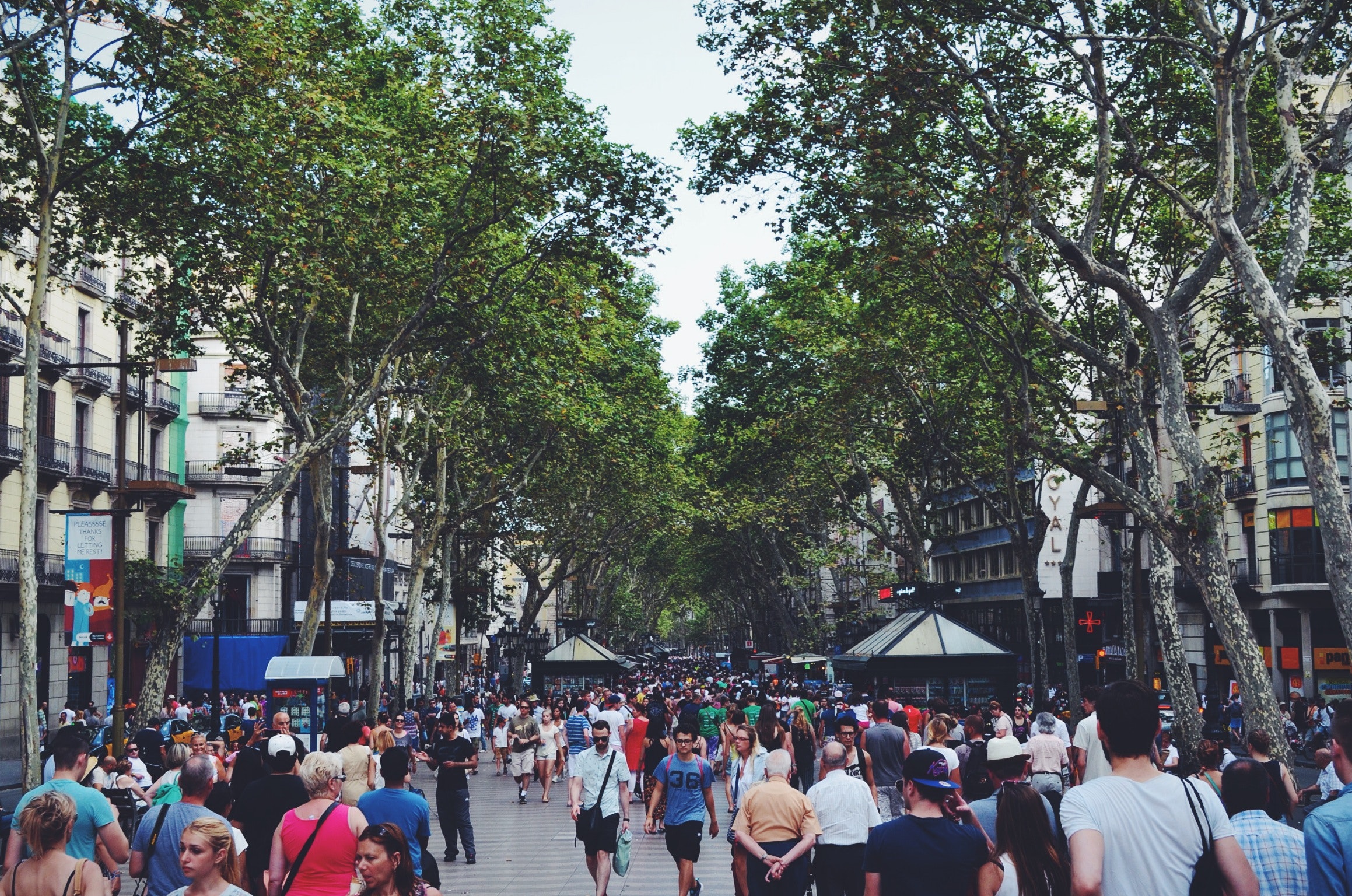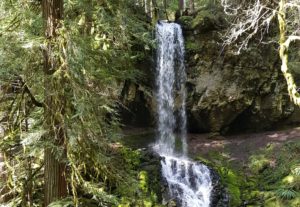“Maria, Maria, Maria, Maria, all the beautiful sounds of the world in a single word.” Inspired by Shakespeare, the epic rivalry between the Jets and Sharks is a theatrical masterpiece describing the tension between the Puerto Rican Sharks that are taunted by the White Jets in America’s most notorious concrete jungle, New York City. I grew up with an appreciation of the textual and musical brilliance that described our nation’s alleged past. From Al Jolson’s The Jazz Singer to Arthur Laurents’ West Side Story, the American ethos and episteme was fascinated by and celebrated the ripe newness of ethnic encounters during the first half of the twentieth century.
What I didn’t realize was the way our romanticized past is still the reality for many today in the twenty-first century. Neither West Side Story nor The Iron Curtain removed the East versus West divide in my city of Dallas, TX. But it required me to leave and return home to see this reality. Now that I left the garden, I can never go back. I was left with the question of identifying my role in this newly discovered dynamic. Aware of the reality, my internal compass told me that we have a moral imperative to help one another; and so I started volunteering to bridge the East and the West, literally. Through shared language access and proficiency, tu y y [you and me] o, nosotros, juntos [or we, together], can superar [overcome] the divide y mejorar nuestra ciudad [improve our city].
Can you imagine living in a city for 20 years and having no ability to communicate in the lingua franca? Can you imagine being trapped and celebrating the past because you had no access to the future – because you didn’t know there was an alternative available? Can you imagine feeling powerless and accepting that that your best option would be que dios te bendiga [may God bless you]?
No matter how low our eternal flame may burn, it takes but a small action to rekindle the fire. The bond and effect are reciprocal. By teaching English to exclusively Spanish-speaking populations, I could empower people to empower themselves. But by cultivating a relationship with someone who is different than yourself, you also grow – you learn about their history and their experience. By helping another, you create more room inside of yourself to celebrate a shared experience and community. The choice to act is a conscious choice that we must actively make, always.
Through global crises and challenges like the COVID-19 pandemic, we can realize the meaning of community and the resilience of the human spirit. In this instance, just because a campus closes, it doesn’t mean community ends. Rather, teachers and parents continue to learn through Zoom and support each other through WhatsApp groups. When schools close, parents, together, work to educate their children at home. Physical social distancing doesn’t mean emotional social distancing, as classmates check in on each other regularly. From gender reveals to birthdays, aquí estamos juntos [we are here, together]. From employing English to share recipes to practicing filling out our school medical forms, aquí estamos juntos. Rather, when physical social distancing is required, there is no East vs. West divide, literally. This digital COVID-19 era catalyzes and cultivates new communities that are not limited by the geographical ghettos of the past ¡Aquí estamos juntos!
In his iconic work, La Ciudad Letrada, Ángel Rama explains how education was the tool that redefined social order in Latin America. Education continues to be the tool for change and must not stop. I want to express gratitude to the commitment of my fellow teachers and learners, like Maria. Let’s continue to capitalize on this opportunity and erect the Universópolis, a society that has evolved passed the social constructions of Modernity, that José Vasconcelos postulated in his seminal work La raza cósmica. Let’s superar contemporary social constructions and geographic barriers. Rather than resorting to the old norms, let’s use this opportunity in a post-COVID-19 world to build a new social order without the East vs. West divide. Let’s not only just say but also believe ¡Aquí estamos juntos! as we build the future. Let’s intentionally come together to support one another and say que dios te bendiga from a place of a love and hope rather than powerless despair.
- A New Year, A New Needed Perspective - November 17, 2022
- Navigating the Line Between Discomfort and Uncomfort: Exploring Cultural Immersion - November 2, 2022
- Locating Eckhart Tolle’s “A New Earth” Within Current Public Health Epistemology: A Book Review - October 12, 2022




